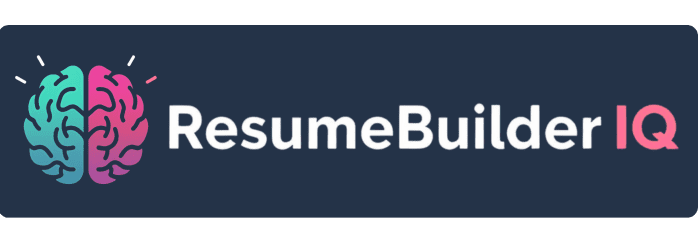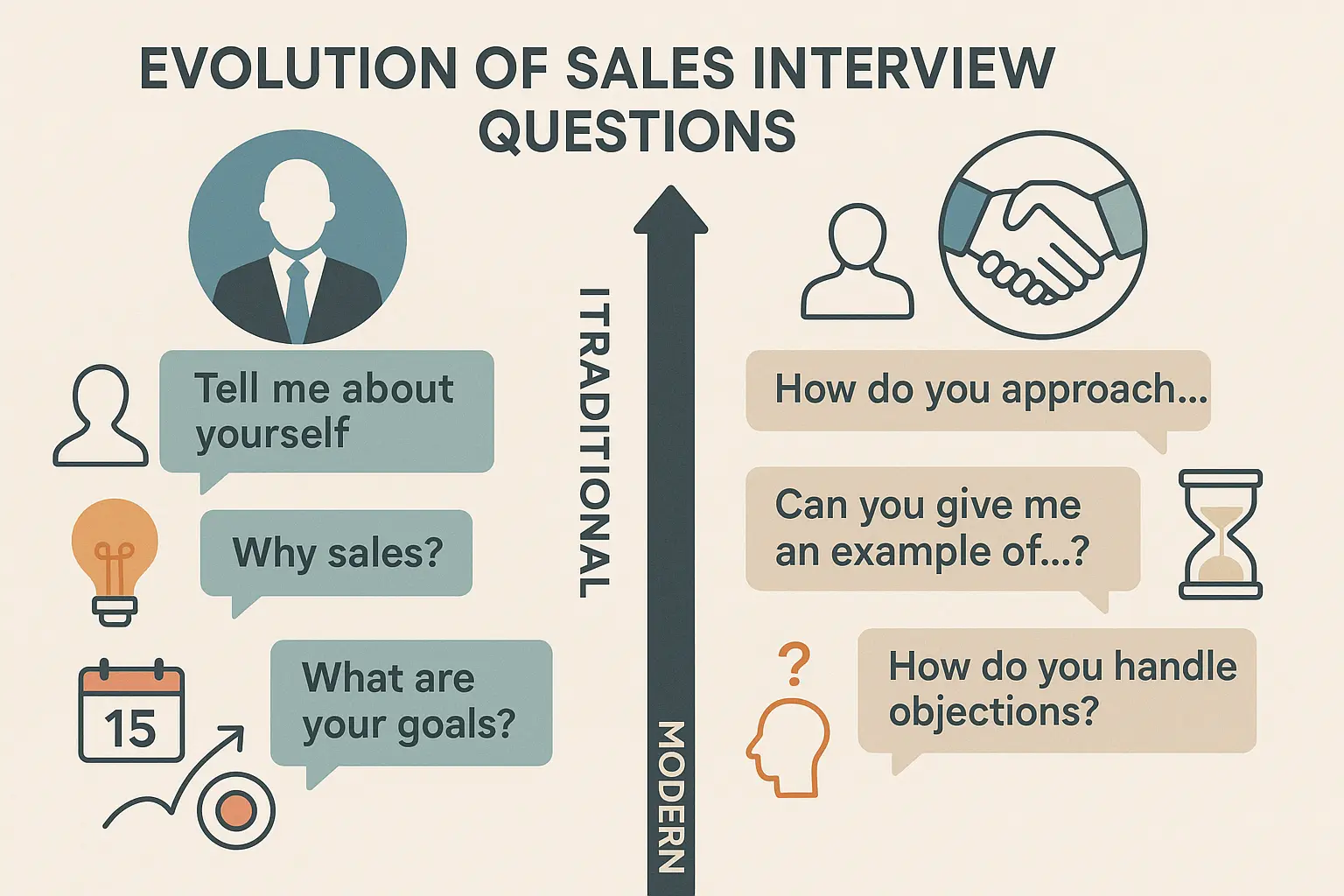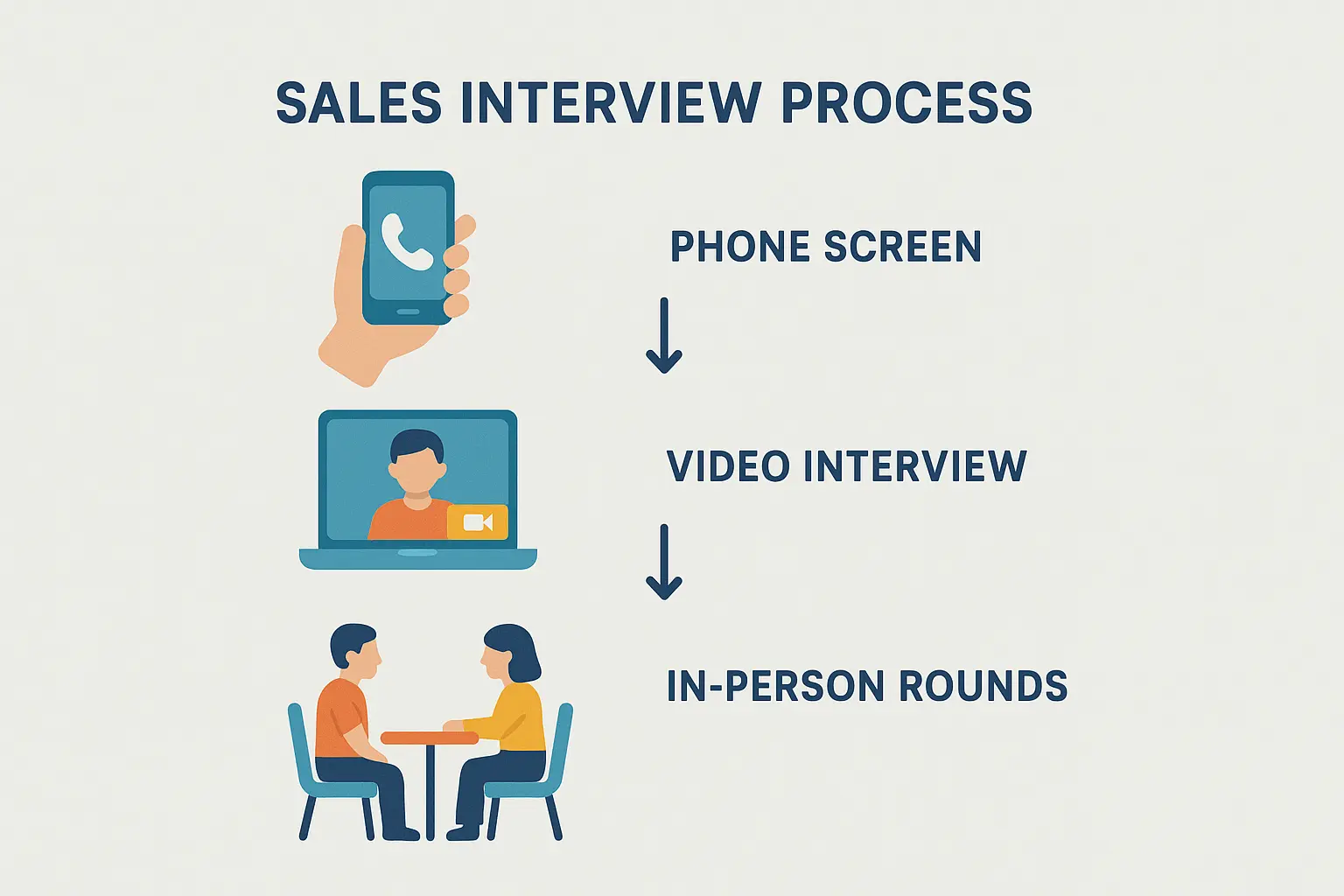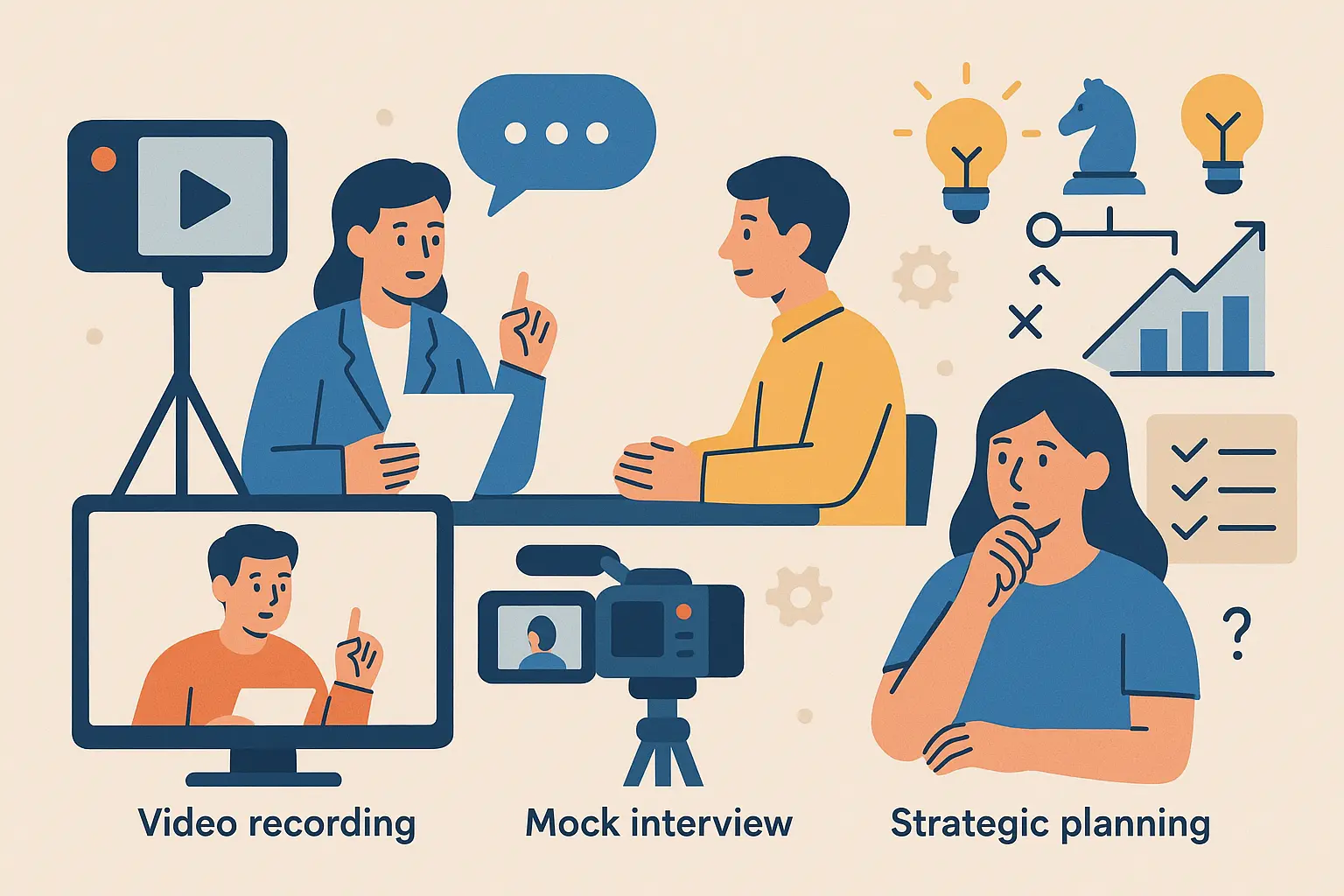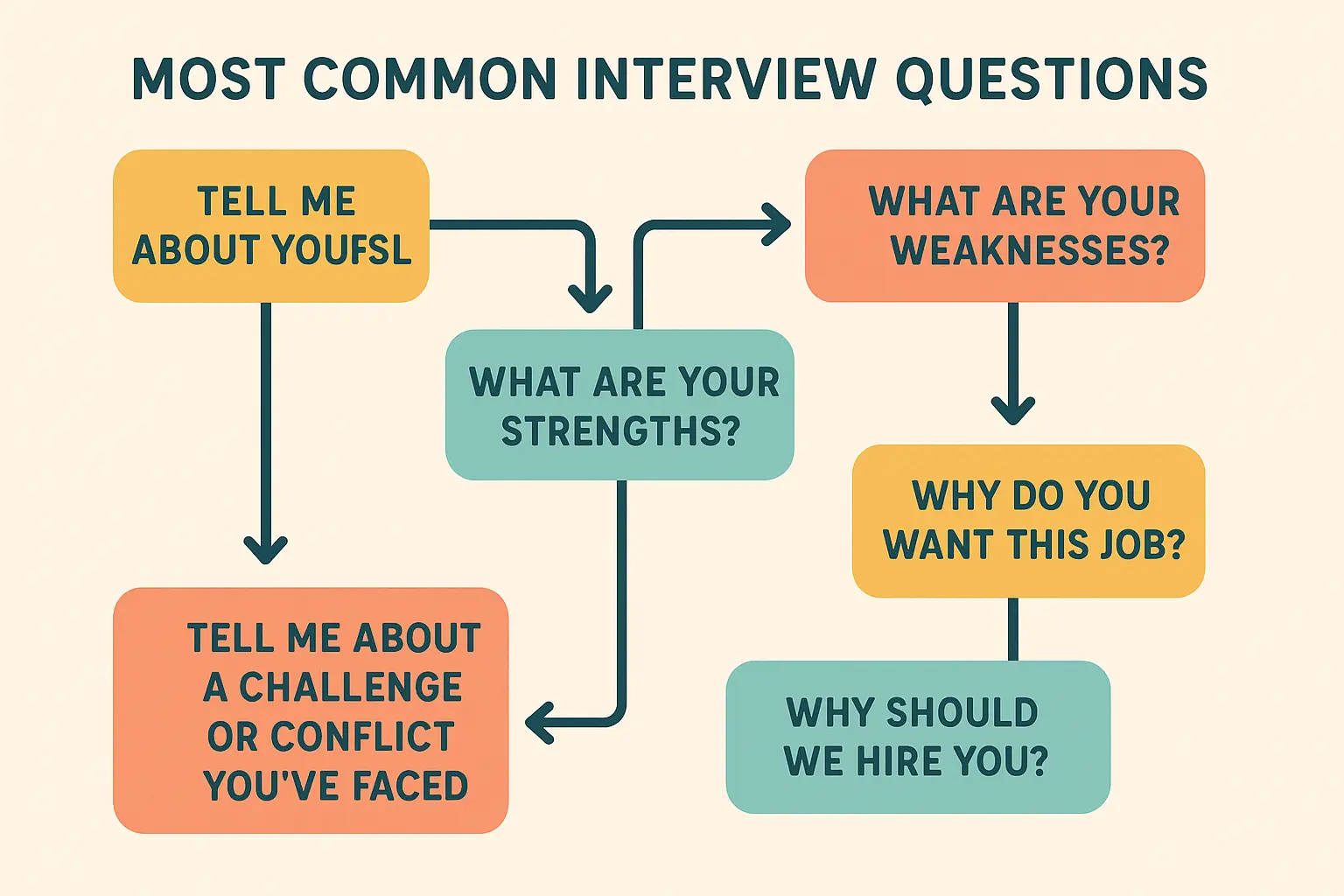Sales Interview Questions That Actually Matter: What Hiring Managers Really Want to Hear


I bombed my first sales interview in 2019. Walked in ready to talk numbers and walked out wondering why they spent 45 minutes asking about my “conflict resolution style.” Turns out, the game had completely changed while I wasn’t paying attention.
Three years ago, my friend Sarah aced every sales interview by memorizing closing techniques. Last month, she got grilled for two hours about how she’d handle a team conflict. The hiring manager barely asked about her numbers.
Here’s what’s really happening: Companies stopped caring if you could recite objection-handling scripts. Now they want to know – can you think on your feet when a deal goes sideways? Can you read the room when you’re presenting to five people who clearly disagree with each other?
The shift makes perfect sense when you consider today’s complex buying processes. Customers research everything before they even talk to you. Decision-making involves committees, not individuals. The sales cycle has become a chess match, not a sprint. Companies need people who can navigate these realities.
Table of Contents
-
Why Your Old Interview Prep Won’t Work Anymore
-
What They’re Really Testing (It’s Not Your Quota)
-
The Questions That Separate Winners from Everyone Else
-
How to Answer Without Sounding Like a Robot
-
Industry Curveballs You Need to See Coming
-
Practice That Actually Makes You Better
-
The Most Common Questions (And How to Crush Them)
-
Making It All Come Together
TL;DR
-
Sales interviews now test emotional intelligence and problem-solving over memorized scripts
-
Behavioral questions using real examples are the new standard – have specific stories ready with metrics
-
Different industries have completely different expectations (B2B vs SaaS vs pharma)
-
The questions you ask back matter as much as your answers
-
Mock interviews and video practice aren’t optional if you want to stand out
-
Your resume stories need to match your interview examples perfectly
Why Your Old Interview Prep Won’t Work Anymore
Walking into a sales interview today feels like stepping into a different world than five years ago. Sure, they’ll still ask about your process, but hiring managers are digging way deeper. They want to understand how you think, adapt, and fit with their team culture.
The rise of AI has fundamentally changed what interviewers expect. According to AllBusiness, “Tell me how you have recently used AI at work or home” is quickly becoming one of the most asked questions across all industries, including sales roles. They want to know you can adapt to technology that’s reshaping how business gets done.
This isn’t about being trendy – it’s about survival. Companies realize they can teach product knowledge and sales methodology, but they can’t teach someone to think strategically or bounce back from failure.
The Death of Script-Based Selling
Remember when knowing the “perfect” response to price objections was enough? Those days are over. Modern sales environments require consultative selling, relationship building, and navigating buying committees where everyone has different priorities.
Last month, a candidate told me about losing a $50K deal because they couldn’t get the CFO and IT director on the same page. Then they explained exactly how they’d handle it differently next time. That story told me more about their sales ability than any quota number could.
What Prospecting Actually Looks Like Now
Cold calling isn’t dead, but it’s just one tool in a much bigger toolkit. Today’s sales professionals need to demonstrate they can work across multiple channels – social selling, referral generation, content marketing, strategic networking.
When hiring managers ask about prospecting now, they’re looking for evidence that you understand modern buyer behavior. Prospects do their homework before they’ll even take your call. They want to see that you can add value from the first interaction, not just pitch your product.
Objection Handling in the Real World
Instead of asking you to handle generic price objections, interviewers present complex scenarios. Multiple stakeholders. Budget constraints. Competitive situations. They want to see how you think on your feet, ask clarifying questions, and position value rather than just overcome resistance with clever comebacks.
The best candidates I’ve seen ask follow-up questions about the scenario before jumping into their answer. This shows consultative instincts and proves you understand that objections usually have deeper root causes than what’s initially presented.
Modern Closing Without Being Pushy
Today’s closing questions focus on your ability to guide prospects through their buying journey while maintaining trust. They want to understand how you create urgency authentically, handle extended sales cycles, and secure commitments without damaging long-term relationships.
The Behavioral Interview Revolution
Behavioral interviewing has become the gold standard because past behavior really is the best predictor of future performance. These questions force you to provide concrete examples rather than theoretical responses, giving interviewers actual evidence of your capabilities.
According to DataCamp’s comprehensive guide, about 68% of data falls within one standard deviation of the mean in normal distributions. This same principle applies to sales performance – most candidates cluster around average responses, making standout behavioral examples crucial for differentiation.
Understanding how to craft compelling behavioral responses is similar to mastering second interview questions, where deeper evaluation requires more sophisticated preparation and storytelling techniques.
Making the STAR Method Feel Natural
The STAR framework (Situation, Task, Action, Result) provides structure, but the key is making your stories feel conversational, not robotic. You need to paint a picture that helps the interviewer visualize your experience while highlighting specific skills and measurable outcomes.
Don’t just say you hit 120% of quota. Tell them: “When our biggest competitor dropped their prices 30%, I pivoted to selling ROI instead of features. Took three months to rebuild my pipeline, but I closed two deals worth $180K that quarter.”
Cultural Fit Isn’t Optional Anymore
Technical sales skills can be taught, but cultural alignment and soft skills are much harder to develop. I’ve watched too many technically competent salespeople fail because they couldn’t adapt to company culture or work collaboratively with their teams.
Companies are investing heavily in assessing whether candidates will thrive in their specific environment, work well with existing teams, and represent their brand values effectively. Cultural fit questions have become a critical part of the sales interview process.
What They’re Really Testing (It’s Not Your Quota)
Most candidates focus on proving they can hit their numbers, but hiring managers are evaluating much deeper qualities. They’re looking for strategic thinkers who can grow with the company, cultural ambassadors who represent their brand well, and problem-solvers who can handle situations that don’t exist in any sales manual.
When I review sales job interview questions with hiring managers, they consistently tell me they can teach product knowledge and methodology, but they can’t teach integrity, curiosity, or resilience. That’s what they’re really assessing.
|
What You Think They Want |
What They Actually Want |
Why It Matters |
|---|---|---|
|
Quota Achievement |
Process & Methodology |
Shows sustainability beyond lucky streaks |
|
Product Knowledge |
Industry Understanding |
Demonstrates strategic thinking ability |
|
Closing Skills |
Relationship Building |
Indicates long-term customer value creation |
|
Individual Performance |
Team Collaboration |
Reflects modern sales environment needs |
|
Technical Features |
Business Impact |
Shows consultative selling capabilities |
The Multi-Stage Interview Reality
One interview isn’t enough to properly evaluate sales candidates anymore. Companies use multi-stage processes to assess different aspects of your capabilities while giving you multiple opportunities to demonstrate your skills and personality.
Each stage serves a specific purpose. Phone screens test communication skills and basic qualifications. In-person meetings evaluate cultural fit and interpersonal dynamics. Role-playing exercises assess real-time thinking and adaptability. Final interviews often involve meeting senior leadership to gauge long-term potential.
Surviving the Phone Screen
Phone screenings aren’t just qualification checks anymore. They’re testing your communication skills, energy level, and ability to build rapport without visual cues. Treat it like a real sales call – be engaging, ask thoughtful questions, and demonstrate genuine interest in their specific situation.
According to Exponent’s research, the average job interview process is just 23 days, with 118 people applying for a single opening. That initial phone screen is your critical first impression opportunity.
Role-Playing That Actually Matters
Role-playing exercises have evolved beyond basic product pitches. You might handle a discovery call with a skeptical prospect, navigate a pricing negotiation, or present to a buying committee with conflicting priorities. These scenarios test your ability to think strategically and adapt in real-time.
The Questions That Separate Winners from Everyone Else
Certain interview questions have become reliable predictors of sales success because they reveal how candidates think under pressure, handle adversity, and approach complex situations. Understanding these key questions and preparing thoughtful responses can significantly improve your interview performance.
The best sales interview questions don’t have obvious right or wrong answers. Instead, they create opportunities for candidates to demonstrate their thinking process, problem-solving abilities, and professional maturity.
“Tell Me About Your Greatest Sales Achievement”
This classic question remains relevant because it reveals what you consider important, how you define success, and your ability to articulate value creation. The best answers go beyond numbers to explain the strategic thinking, relationship building, and problem-solving that made the achievement possible.
Here’s what works: “When selling to a Fortune 500 manufacturing company, I identified 8 key stakeholders across IT, Operations, Finance, and Legal departments. I created a stakeholder influence map showing their relationships and concerns, then developed targeted value propositions for each group. The IT director needed security assurance, Operations wanted efficiency gains, Finance required ROI justification, and Legal needed compliance documentation. By addressing each group’s specific needs while maintaining message consistency, I secured unanimous buy-in for a $1.2M implementation over 14 months.”
“What’s Your Biggest Weakness?”
This question tests your self-awareness, honesty, and growth mindset. The key is discussing real areas for improvement while demonstrating proactive steps you’ve taken to address them and the positive outcomes that resulted.
Don’t give fake weaknesses like “I work too hard.” Be honest about something real, then show how you’re improving it.
“Where Do You See Yourself in Five Years?”
Career vision questions assess your ambition, planning ability, and alignment with the company’s growth trajectory. The best answers show realistic progression goals that benefit both you and the organization.
“How Do You Handle Rejection?”
This is crucial in sales interviews because it predicts resilience and persistence. Strong responses demonstrate emotional intelligence, learning ability, and the mental toughness required for sales success.
Understanding how to handle difficult questions is essential, and candidates can learn from strategies used in other professional contexts, such as nursing interview questions, where resilience and emotional intelligence are equally important.
Industry Curveballs You Need to See Coming
Different sales environments have unique challenges, customer types, and success factors that require specialized interview approaches. What works in pharmaceutical sales might completely miss the mark in SaaS, and enterprise B2B requires different skills than transactional retail environments.
If you’re interviewing for enterprise B2B, they’ll grill you on managing 18-month sales cycles. SaaS companies obsess over whether you understand recurring revenue. Pharma? They want to know you can sell ethically under tight regulations.
|
Industry |
Key Focus |
Unique Challenges |
Success Metrics |
|---|---|---|---|
|
B2B Enterprise |
Stakeholder navigation |
Long sales cycles (6-18 months) |
Deal size & relationship depth |
|
SaaS/Tech |
Product complexity |
Technical buyers & users |
ARR growth & retention |
|
Pharmaceutical |
Compliance knowledge |
Regulatory constraints |
Market share & relationship quality |
|
Financial Services |
Risk management |
Regulatory oversight |
Assets under management |
|
Manufacturing |
Technical understanding |
Custom solutions |
Project margins & timelines |
B2B Enterprise Sales Complexity
Enterprise sales interviews focus heavily on your ability to navigate complex organizational structures, manage long sales cycles, and coordinate multiple stakeholders. These roles require strategic thinking, patience, and sophisticated relationship management skills.
Stakeholder mapping questions test your ability to identify, engage, and influence various decision-makers and influencers within large organizations. You need to demonstrate understanding of organizational dynamics, political considerations, and the patience required for consensus building.
Technology and SaaS Sales Nuances
Tech sales interviews often include questions about technical aptitude, consultative selling skills, and subscription-based relationship management. These roles require the ability to explain complex solutions while maintaining credibility with technical buyers.
As noted by SaaStr, “What sales tools have you used and what works for you?” If candidates don’t understand modern sales tools or everything they mention is dated and pre-AI, it raises concerns about their ability to adapt to current market demands.
The key is demonstrating curiosity, learning ability, and skill at translating technical features into business benefits. You don’t need deep technical expertise, but you need to show you can understand and articulate complex products.
How to Answer Without Sounding Like a Robot
Every sales candidate has stories about exceeding quota and closing big deals. What separates memorable candidates is how they frame their experiences, the specific details they include, and their ability to connect their past successes to the interviewer’s current challenges.
The challenge is that most people default to generic responses that could apply to any salesperson. You need to find ways to make your experiences unique and relevant to the specific role and company you’re interviewing with.
Building Your Story Arsenal
Successful interview preparation involves developing a bank of stories that can be adapted to answer various questions while maintaining authenticity. You need examples that showcase different skills, demonstrate growth over time, and include specific metrics that resonate with hiring managers.
Just as you need compelling stories for interviews, your resume should highlight these same achievements with sales resume examples that demonstrate quantifiable results and career progression.
Making Numbers Tell Your Story
Quantifying achievements goes beyond stating percentages and dollar amounts. You need to provide context that helps interviewers understand the significance of your results – market conditions, territory challenges, product limitations, or competitive landscape factors.
Rather than simply stating “I increased sales by 20%,” provide context: “In a territory that had been declining 8% year-over-year for three consecutive years, I implemented a vertical market strategy targeting healthcare facilities. Despite budget freezes due to COVID-19, I closed 12 new accounts worth $380K by pivoting to ROI-focused presentations that showed 6-month payback periods. This represented 150% of quota and reversed the territory’s decline to 12% growth.”
Research That Actually Impresses
Surface-level company research won’t differentiate you from other candidates. Hiring managers are impressed by candidates who understand their industry challenges, competitive landscape, and specific business objectives well enough to ask insightful questions and propose relevant solutions.
Go beyond the company website. Analyze recent news, financial reports, leadership changes, and market positioning. You should understand their growth trajectory, key challenges, and strategic initiatives well enough to discuss how your skills align with their specific needs.
Questions That Show You’re Thinking Strategically
The questions you ask reveal as much about your capabilities as your answers do. Strategic questions demonstrate consultative selling skills, genuine interest in the role, and the ability to think beyond immediate responsibilities to long-term success factors.
Understanding what questions to ask in a sales interview can differentiate you from candidates who only focus on answering what they’re asked. The best salespeople are naturally curious and ask thoughtful questions that uncover important information.
Practice That Actually Makes You Better
Basic interview preparation involves researching common questions and preparing standard responses. Advanced preparation includes mock interviews, video analysis, psychological preparation, and systematic skill development that enables peak performance under pressure.
Most candidates stop at surface-level preparation, which creates opportunities for those willing to invest in comprehensive readiness. The sales interview process rewards candidates who can demonstrate authentic confidence and strategic thinking under pressure.
Mock Interviews That Actually Help
Effective mock interview practice goes beyond having someone ask you questions. It involves creating realistic scenarios, getting specific feedback, and iterating on your responses until they feel natural and compelling.
Similar to how professionals need to master banking interview questions with industry-specific preparation, sales candidates benefit from targeted practice sessions that simulate real interview conditions.
Using Video to See Yourself Clearly
Video review analysis helps you identify unconscious habits, improve body language, and refine your verbal delivery. Most people are surprised by what they see and can make significant improvements by addressing issues they weren’t aware of.
Record yourself answering common questions, then watch for filler words, nervous gestures, or unclear explanations. It’s uncomfortable but incredibly effective.
Getting Honest Feedback from People Who Matter
Get input from sales colleagues, mentors, and other professionals who can provide honest assessment of your interview performance and suggest specific improvements. Don’t just ask friends who’ll tell you what you want to hear.
Getting Your Head Right
Psychological preparation is often overlooked but can make the difference between good and great interview performance. Managing anxiety, building confidence, and maintaining focus under pressure are learnable skills that improve with practice.
Build unshakeable confidence through visualization techniques, positive self-talk, and systematic review of your achievements and capabilities. The goal is projecting authentic confidence rather than arrogance or false bravado.
Develop stress management protocols to help you maintain composure and think clearly during high-stakes interviews. These techniques include breathing exercises, relaxation methods, and mental preparation strategies that become automatic with practice.
The Most Common Questions (And How to Crush Them)
While every interview is unique, certain questions appear consistently across different companies and industries. Having well-prepared responses to these common sales interview questions provides a foundation of confidence that allows you to handle unexpected questions more effectively.
The key to effective sales interview questions and answers isn’t memorizing scripts but understanding the underlying purpose of each question and preparing authentic responses that demonstrate your capabilities.
“Tell Me About Yourself” (The Make-or-Break Opener)
This seemingly simple question sets the tone for the entire interview and gives you the opportunity to control the narrative. The best responses provide a compelling professional story that highlights relevant experience while creating natural transition points for follow-up questions.
Don’t recite your resume. Instead, tell a story that connects your background to their needs. Start with where you are now, briefly explain how you got there, and finish with why you’re interested in this specific role.
“Why Are You Leaving Your Current Role?”
This question tests your professionalism, honesty, and motivation while revealing potential red flags. Effective responses focus on growth opportunities and career advancement rather than negative aspects of your current situation.
Never badmouth your current employer, even if they deserve it. Focus on what you’re moving toward, not what you’re running from.
“Where Do You See Yourself in Five Years?”
Career vision questions assess your ambition, planning ability, and alignment with the company’s growth trajectory. The best answers show realistic progression goals that benefit both you and the organization.
Show you’ve thought about your career path while demonstrating flexibility. They want ambitious people who will grow with the company, not job-hoppers planning their exit strategy.
“How Do You Handle Rejection?”
Rejection handling questions are crucial in sales interviews because they predict resilience and persistence. Strong responses demonstrate emotional intelligence, learning ability, and the mental toughness required for sales success.
Share a specific example of how you bounced back from a significant rejection or loss. Focus on what you learned and how it made you better, not just that you “didn’t give up.”
“Describe Your Sales Process”
This question tests your methodology and strategic thinking. Don’t just list steps – explain your philosophy and how you adapt your approach based on different situations and customer types.
Walk them through your process from prospecting to closing, but include the why behind each step. Show that you have a system but can think flexibly when situations change.
“Tell Me About a Time You Lost a Big Deal”
Failure questions reveal your self-awareness, learning ability, and resilience. The best responses show honest reflection, specific lessons learned, and how you applied those insights to future success.
Don’t try to disguise a win as a loss. Pick a real failure, own it completely, explain what you learned, and show how you improved because of it.
How Resume Builder IQ Connects to Your Interview Success
Your interview performance starts long before you walk into the room – it begins with how effectively your resume tells your professional story. Resume Builder IQ’s AI-powered platform ensures your resume includes the job-specific keywords and achievement-focused descriptions that get you to the interview stage, then provides the foundation for the compelling stories you’ll tell once you’re there.
When preparing for sales representative interview questions, consistency between your written and verbal presentation becomes crucial. Hiring managers often reference specific achievements from your resume during the conversation, so alignment prevents awkward moments where your stories don’t match your documented experience.
The platform’s industry-specific optimization helps you create multiple resume versions tailored to different sales environments (enterprise B2B, SaaS, pharmaceutical), while its achievement-focused bullet points transform basic job duties into compelling metrics that sales managers value. Understanding interview questions to ask sales candidates from the hiring manager’s perspective also helps you craft resume content that anticipates their evaluation criteria.
Your stories need to match what’s on your resume – I’ve seen too many candidates trip up because their interview examples didn’t align with their written achievements. Resume Builder IQ ensures this consistency while optimizing for the applicant tracking systems that determine whether you get the interview in the first place.
Ready to build a resume that gets you more interviews? Try Resume Builder IQ today and see how AI-powered optimization can transform your job search results.
Making It All Come Together
Sales interviews have evolved into sophisticated assessments that go far beyond traditional selling skills. The companies winning in today’s market understand that hiring great salespeople requires evaluating emotional intelligence, cultural fit, and strategic thinking alongside quota-crushing ability.
What strikes me most about modern sales interview questions is how they mirror the consultative selling process itself. Just as you need to understand your prospect’s pain points, decision-making process, and success criteria, you need to approach the sales interview with the same strategic mindset. The candidates who succeed treat the interview as a mutual discovery process rather than a one-sided interrogation.
Your preparation needs to be just as sophisticated as the interview process itself. Mock interviews, video analysis, and psychological preparation aren’t nice-to-haves anymore – they’re essential tools for competing against other qualified candidates. The difference between landing the role and coming in second often comes down to these advanced preparation techniques that most people skip.
Bottom line: Every question is an opportunity to demonstrate how you think, solve problems, and add value. The stories you tell should paint a picture of someone who builds relationships, navigates complexity, and grows with challenges. That’s what separates good salespeople from great ones, and it’s exactly what hiring managers are looking for in today’s competitive market.
The game has changed, but that’s good news if you’re willing to adapt. While other candidates are still preparing with outdated methods, you now have the insights to stand out from the crowd and land the sales role you want.
